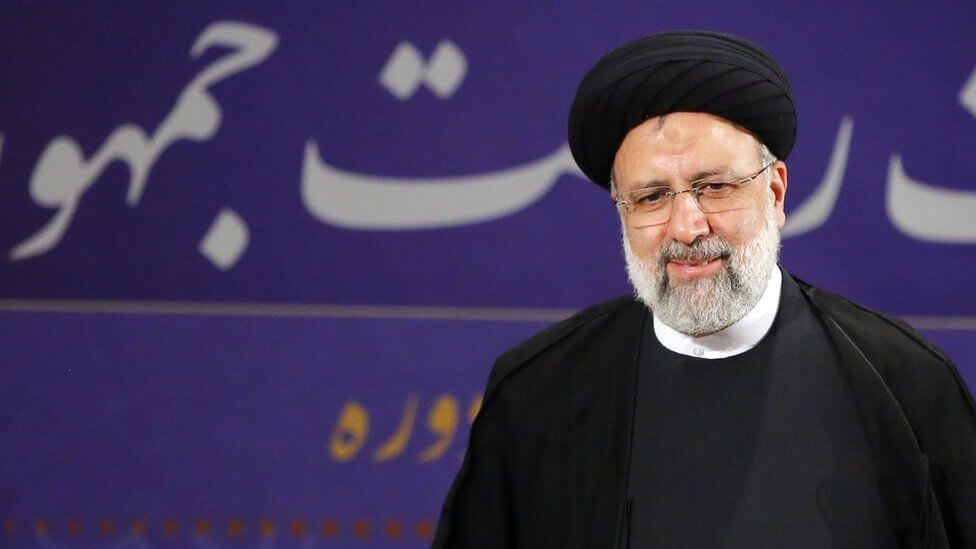Iran’s Guardian Council has approved seven hardliners out of a total of 592 candidates for the upcoming presidential election on June 18. The Council has also barred several prominent reformist candidates and allies of President Hassan Rouhani from participating in the next month’s ballot.
The Guardian Council is a 12-member body consisting of six Islamic scholars chosen by Iran’s Supreme Leader and six jurists who are nominated by Iran’s Chief Justice. According to Article 99 of the Islamic Republic’s constitution, the Council is responsible for “supervising” the President of Iran, which includes selecting candidates for the country’s presidential elections.
Among those nominated for the upcoming vote is a conservative cleric and former judicial chief Ebrahim Raisi, who is widely expected to replace Rouhani as Iran’s next president. Raisi is also popular in the country for his anti-corruption stance and is believed to be close to Supreme Leader Ayatollah Ali Khamenei. In the 2017 presidential election, Raisi lost by a large margin to Rouhani, who has been Iran’s President since 2013 and cannot take part in the 2021 election due to a two-year term limit. Raisi has also been accused of being involved in the mass execution of around 30,000 Iranian political prisoners in 1988.
The other six candidates include former Islamic Revolutionary Guard Corps (IRGC) commander Mohsen Rezai, former Supreme National Security Council secretary Saeed Jalili, Iran’s Central Bank Governor Abdolnasser Hemmati, and three other politicians – Mohsen Alizadeh, Alireza Zakani, and Seyed Amir Hashemi.
Notable candidates that were disqualified from contesting the election include former nuclear negotiator and moderate politician Ali Larijani and Eshaq Jahangiri, the first deputy of President Hassan Rouhani. Former President Mahmoud Ahmadinejad was also not included in the final list of candidates. Larijani was the only face that could challenge the candidacy of Raisi, and the decision to bar him and other reformist contenders has led to widespread criticism from Iran’s reformist bloc, including President Rouhani who urged Khamenei to open the field for more candidates.
“The heart of elections is competition. If you take that away, it becomes a corpse,” Rouhani said. “I sent a letter to the supreme leader yesterday on what I had in mind and on whether he can help with this.” A spokesperson for Rouhani also said that “minimal participation is not in anyone’s interest” and it is the people of Iran who are the first losers as a result of such policies. Azar Mansouri, an Iranian reformist said: “What the Guardian Council did is illegal and in violation of people’s rights to vote in free elections. It has made elections meaningless.” RFE/RL’s Golnaz Esfandiari reported last week that ordinary Iranians are frustrated with the lack of choice while voting for presidential candidates and there are concerns that the upcoming elections may witness a public boycott as Iranian opinion polls have suggested that this year’s vote could see a record low turnout.
Iran hardliners, on the other hand, have been opposed to Rouhani’s presidency and his reformist cabinet, and have been particularly vocal against Iran’s return to the 2015 nuclear deal. Many hard-line politicians do not trust the United States (US) to keep its end of the bargain, especially after former US President Donald Trump unilaterally withdrew from the nuclear agreement in 2018 and re-imposed extensive economic sanctions against Iran.
There are also reports that Iran’s Ayatollah is considering Ebrahim Raisi as his successor. The Guardian Council’s decision to bar most candidates and pave the way for a Raisi presidency could be a possible indicator of Khamenei’s motives.
Iran’s Guardian Council Disqualifies Most Reformist Candidates From Presidential Election
The Guardian Council has named seven mostly hardline candidates for the June 18 presidential election.
May 26, 2021

Iranian hardliner and leading presidential candidate Ebrahim Raisi SOURCE: EPA
